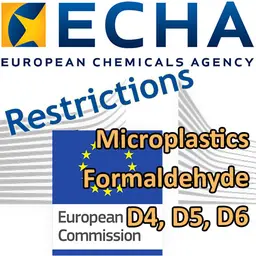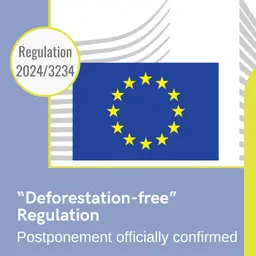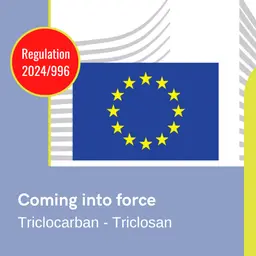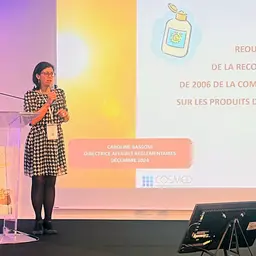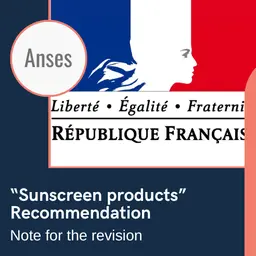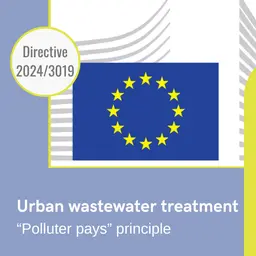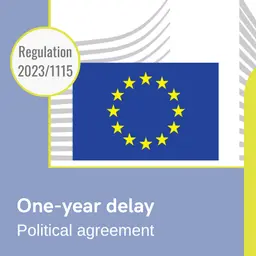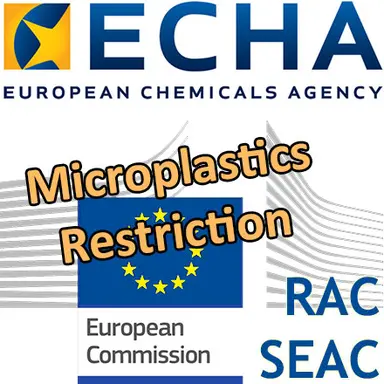
RAC has adopted its opinion on ECHA’s proposal to restrict the use of microplastics that are intentionally added to products on the EU/EEA market, in concentrations of more than 0.01% weight by weight. The proposal was considered appropriate for reducing releases to the environment. The Committee for Socio-economic Analysis (SEAC) agreed on its draft opinion, which will soon be available for consultation.
In January 2019, the European Chemicals Agency (ECHA) proposed a wide-ranging restriction on intentional uses of microplastics in products placed on the EU/EEA market to avoid or reduce environmental pollution. The restriction proposal was developed in the context of the EU Plastics Strategy.
ECHA’s news release
RAC has adopted its opinion on ECHA’s proposal to restrict the use of microplastics that are intentionally added to products on the EU/EEA market, in concentrations of more than 0.01% weight by weight. The proposal was considered appropriate for reducing releases to the environment.
In its opinion, the Committee recommended the following:
• Biodegradable polymers: ECHA’s proposal set out specific test methods and pass criteria for identifying biodegradable polymers, which are excluded from the restriction. RAC wanted to see greater evidence that microplastics are biodegradable in the environment (e.g. soils, marine environment, freshwater).
[…]
• The definition of “a microplastic”: ECHA proposed a lower size limit of 100 nanometres for a microplastic as analytical methods for detecting microplastics in products (i.e. mixtures) are still in development. RAC recommended that a lower size limit is not necessary as the potential restriction can also be enforced in other ways, such as by looking at raw materials …

